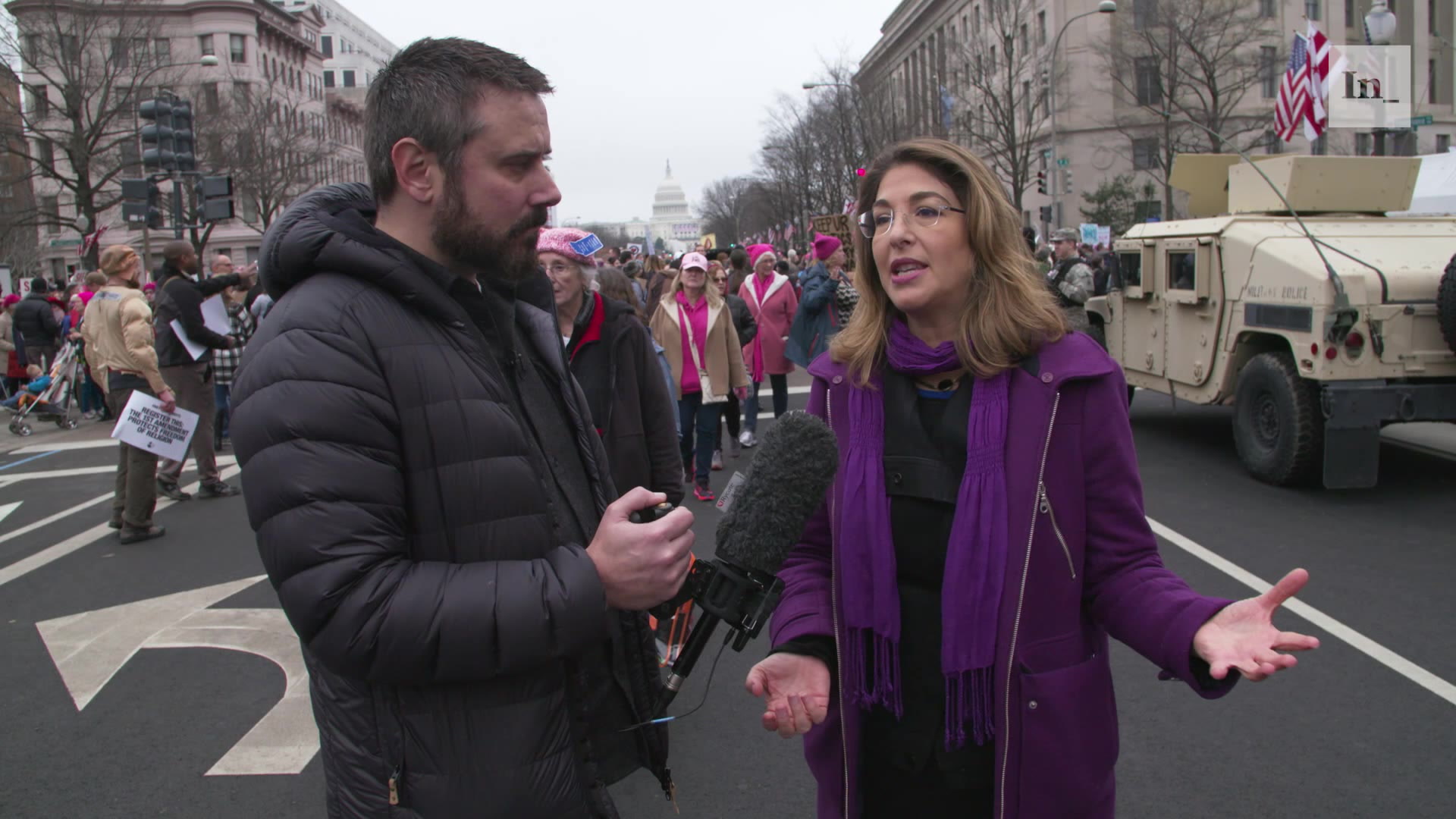We already know that the Trump administration plans to deregulate markets, wage all-out war on "radical Islamic terrorism," trash climate science and unleash a fossil-fuel frenzy. It's a vision that can be counted on to generate a tsunami of crises and shocks: economic shocks, as market bubbles burst; security shocks, as blowback from foreign belligerence comes home; weather shocks, as our climate is further destabilized; and industrial shocks, as oil pipelines spill and rigs collapse, which they tend to do, especially when enjoying light-touch regulation.
All this is dangerous enough. What's even worse is the way the Trump administration can be counted on to exploit these shocks politically and economically.
Speculation is unnecessary. All that's required is a little knowledge of recent history. Ten years ago, I published "The Shock Doctrine," a history of the ways in which crises have been systematically exploited over the last half century to further a radical pro-corporate agenda. The book begins and ends with the response to Hurricane Katrina, because it stands as such a harrowing blueprint for disaster capitalism.
That's relevant because of the central, if little-recalled, role played by the man who is now the U.S. vice president, Mike Pence. At the time Katrina hit New Orleans, Pence was chairman of the powerful and highly ideological Republican Study Committee (RSC). On September 13, 2005 -- just 14 days after the levees were breached and with parts of New Orleans still under water -- the RSC convened a fateful meeting at the offices of the Heritage Foundation in Washington, D.C.
Under Pence's leadership, the group came up with a list of "Pro-Free-Market Ideas for Responding to Hurricane Katrina and High Gas Prices" -- 32 policies in all, each one straight out of the disaster capitalism playbook.
Read the full story at The Intercept.


